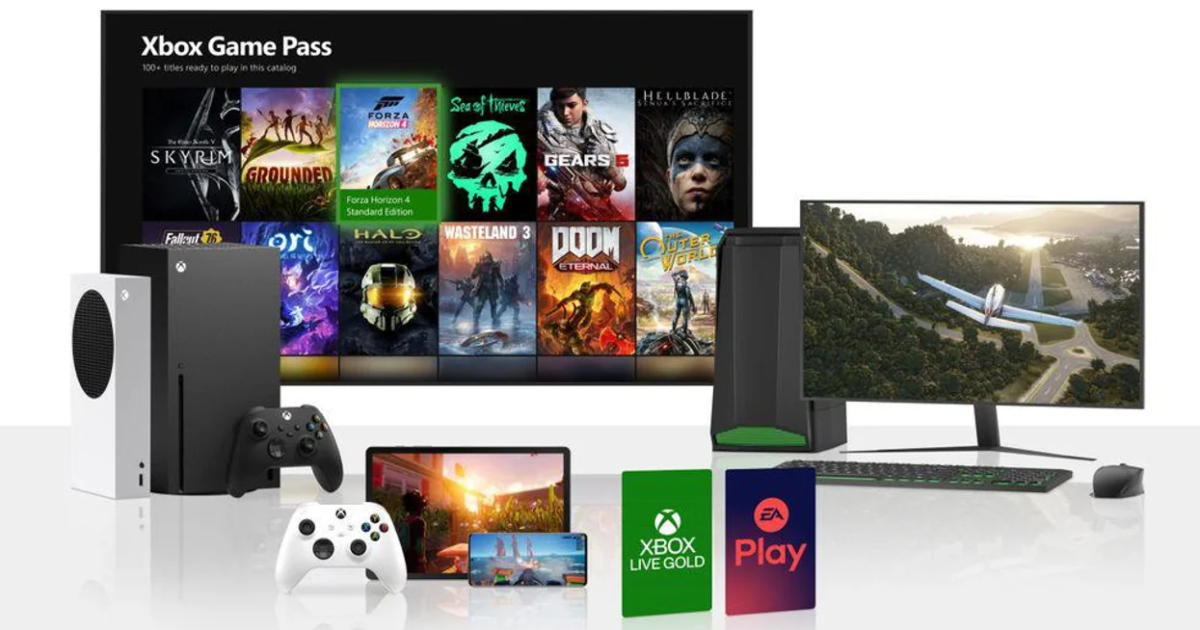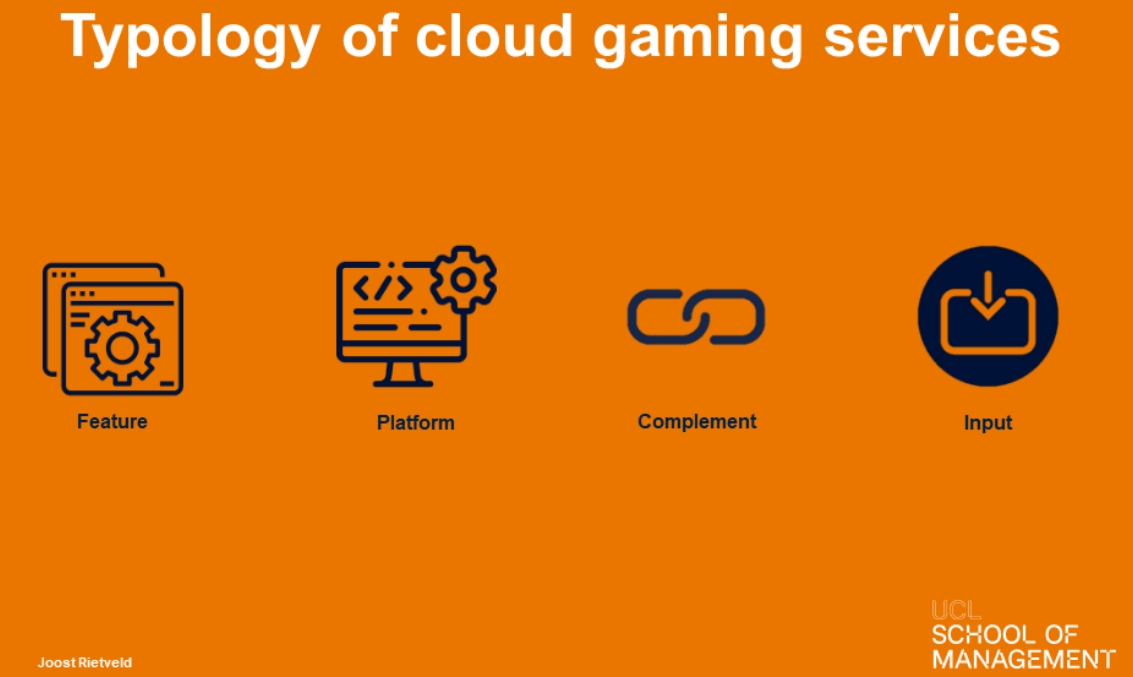Cloud gaming is one of the concerns that antitrust regulators have over Microsoft’s acquisition of Activision Blizzard. But is it really a distinc market? Here are some thoughts from Joost Rietveld, associate professor in the department of Strategy & Entrepreneurship at the UCL School of Management.

Joost Rietveld, who last year wrote an article for Game World Observer on the impact of Microsoft’s acquisition of Activision Blizzard on the games industry, recently submitted a comment about the cloud gaming market to the UK’s Competition and Markets Authoritiy (CMA).
The UK regulator, which recently narrowed the scope of its concerns over the $68.7 billion deal, still believes that the merger could harm competition in the cloud gaming and subscription segments. However, Rietveld thinks that cloud gaming shouldn’t be considered a distinct market.
The document was also spotted by GameDiscoverCo’s Simon Carless, who asked Rietveld why he decided to touch on this topic. “The ‘cloud gaming theory of harm’ was always the weaker and more speculative amongst the agency’s concerns,” he explained. “Thus, when the CMA announced it would drop its ‘console gaming theory of harm’ and narrow the scope of its investigation to cloud gaming, I felt it was time to get involved.”
According to the associate professor, there are four types of cloud gaming services:
- Cloud gaming as a feature — it serves as an additional feature in a bigger bundle of services (like Game Pass);
- Cloud gaming as a platform — players should buy games on the specific platform, but can play them using cloud technologies (like Amazon Luna or now-closed Google Stadia);
- Cloud gaming as a complement — it allows players to stream games they purchased on other platforms (like GeForce Now);
- Cloud gaming as an input — b2b service providers that allow their customers to create cloud gaming businesses (like Ubitus).

Rietveld asked the CMA to reconsider its position on cloud gaming because “we cannot combine all cloud gaming services into a single, clearly defined market definition.” He noted that different types of cloud gaming don’t overlap with each other, and even when they do — “cloud-gaming-as-a-feature and cloud-gaming-as-a-platform services can be argued to compete against each other,” — the presence or absence of exclusive content (e.g. Activision games) is unlikely to make any material difference.
Later in his comment, Rietveld concluded that consumers generally don’t want to pay for standalone cloud gaming services, which led to several such platforms shutting down. This indicates that cloud gaming is a “promising distribution method” within the global games market rather than a distinct market itself.
Simon Carless came to similar conclusions, noting that it is difficult to define any market in video games. “And honestly, this is why probably why the Microsoft x Activision acquisition shouldn’t be blocked, even if it’s a classic ‘big get bigger’ roll-up. The facts are just too murky,” he wrote in the latest GameDiscoverCo newsletter.
More details on cloud gaming and its various types can be found in Joost Rietveld’s full 23-page comment to the CMA.
